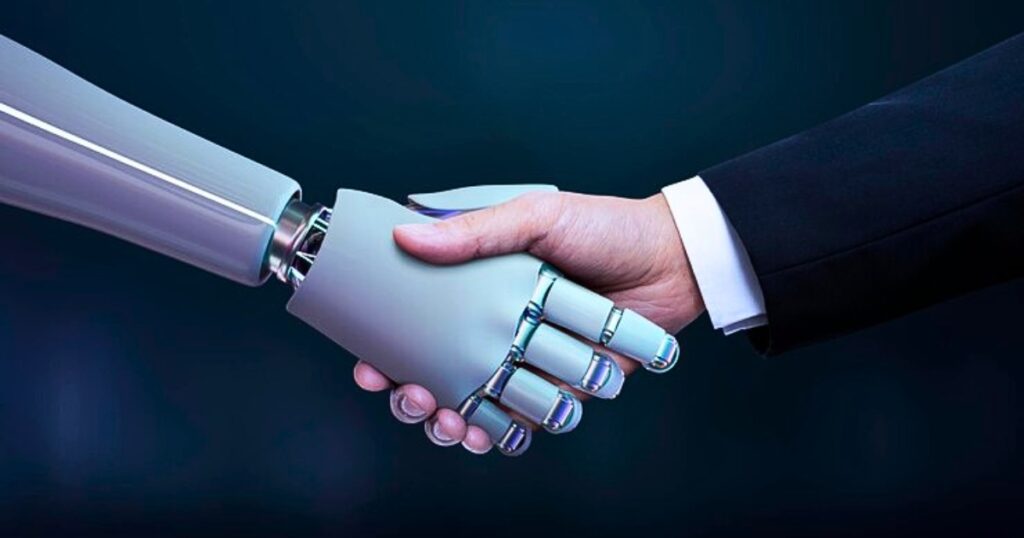Sundar Pichai unveils surprising insights into artificial general intelligence and precisely predicts when the technological singularity will arrive.
In one of the most revealing and significant interviews of the decade, Google CEO Sundar Pichai sat down for an exclusive conversation in which he openly discussed the future of artificial general intelligence (AGI) and the concept that has fueled decades of scientific and philosophical debate: the singularity.
Aired this week on a major global tech platform — whose name remains under embargo — the interview quickly went viral worldwide. Not only for Pichai’s clarity and charisma, but also for the magnitude of the revelations he delivered.
What Is the Singularity — And Why Now?
The “singularity” refers to the hypothetical point when artificial intelligence will surpass human intelligence in all areas, triggering an uncontrollable and possibly irreversible acceleration of technology. Until recently, this idea seemed confined to science fiction or distant projections.
But Pichai was clear: “We are much closer than most people think. The singularity is no longer an ‘if’—it’s a ‘when.’”
The AGI Timeline and the Turning Point
During the interview, Pichai revealed that current AI models are already showing emergent reasoning capabilities that, just three years ago, were considered impossible. “We’re seeing AI learn, generalize, and reason beyond narrow tasks. AGI is gradually emerging, and we believe that by 2027, we may have systems with human-level cognitive abilities across multiple domains.”
However, the most shocking revelation came afterward: according to teams at Google DeepMind, backed by external evaluations, the technological singularity — defined as the convergence of autonomous reasoning, self-improving systems, and operational contextual awareness — could occur between 2031 and 2035.
“There’s a real possibility we’ll see the first concrete signs of singularity before this decade ends,” Pichai stressed.
What 99% of People Still Don’t Know
One of the most startling statements in the interview was that “most of humanity has no idea how advanced AI development truly is behind the scenes.” According to Pichai, there are general-purpose algorithms already capable of designing new software architectures, simulating complex social interactions, and generating scientific hypotheses with no human intervention.
“The speed at which these systems learn to optimize themselves is something even we are just beginning to understand,” he added.
Pichai also explained that current systems, under strict supervision, have begun contributing to medical research and generating predictions more accurate than top human specialists. In 2024, one such system helped redesign proteins for experimental cancer treatments with unprecedented efficiency.
Risks, Ethics, and Humanity’s Role
Not everything was optimistic. Pichai emphasized the urgent need for coordinated international regulation: “We are dealing with a force that could be the most transformative — or destructive — in human history. Global cooperation is no longer optional; it’s essential.”
The CEO reaffirmed that Google is committed to transparency, safety, and ethical AI development, but acknowledged that “no company or nation can handle this alone.”
Immediate Reactions and What Comes Next
Following the interview, experts around the world began analyzing the implications of Pichai’s statements. Some accuse him of building a narrative of urgency to control the global AI conversation, while others see his honesty as a much-needed wake-up call.
What’s certain is that the world has been reminded of a pressing question: are we ready to coexist with intelligences that could surpass us?
And perhaps even more importantly: how can we ensure that such coexistence remains human, fair, and sustainable?
Are We Ready for the Singularity?
Sundar Pichai’s interview didn’t just reveal technical insights. It delivered a warning wrapped in opportunity. Humanity’s future may be defined in the next ten years. And now we know it with certainty.
By Orlando J. Gutierrez



